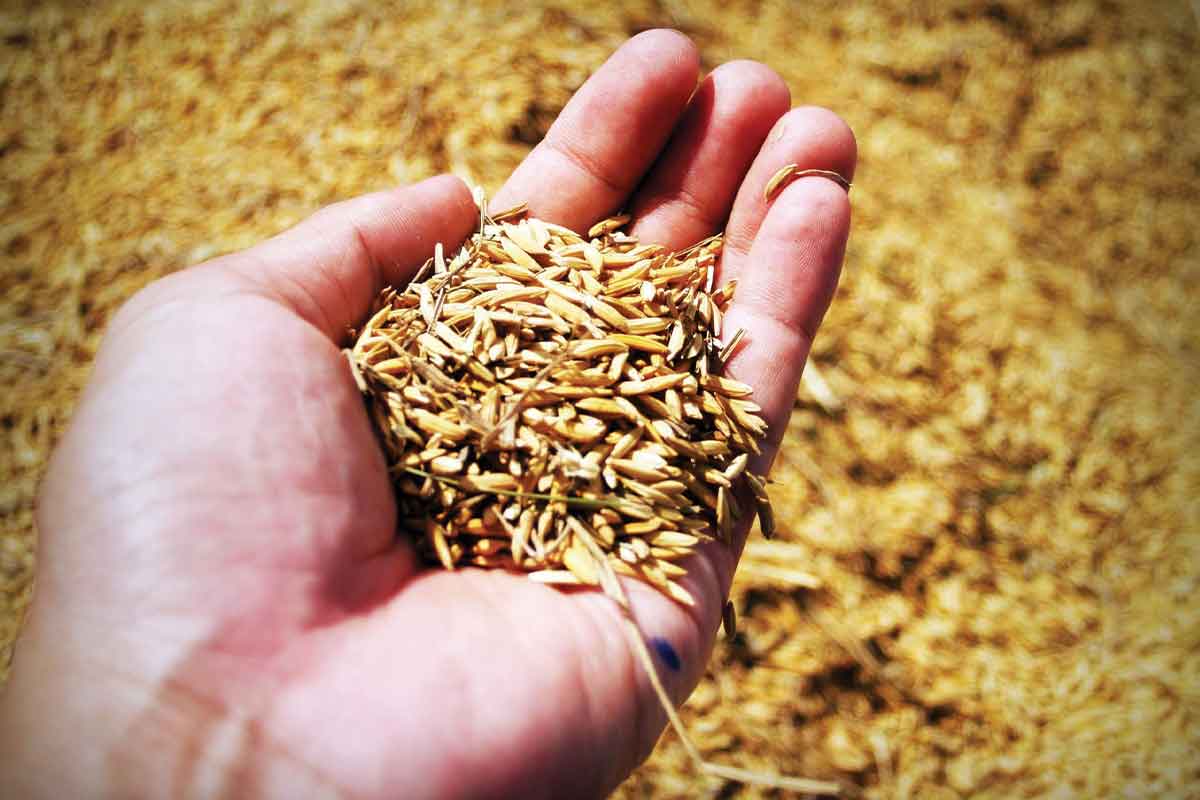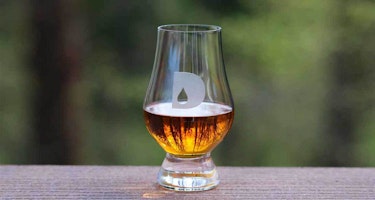In the Western world we are often spoiled for choice when it comes to our libations. We’ve no end of vodkas, rums, brandies or agave spirits on which to splurge our hard-earned cash. And the whiskey; so much whiskey! It seems as if there’s a never-ending parade of new brands hitting the market and looking to rub shoulders with the best of the best on the shelf.
However, with all this choice, it is easy to become a bit myopic. Sure, Johnnie Walker is selling tens of millions of cases the world over and Tito’s juggernaut of success shows no signs of stopping. But believe it or not, these are not the best-selling spirits in the world. Whiskey and vodka respectively aren’t even the best-selling categories of spirits in the world. No, that award goes to something a bit more foreign; a bit more left of center with respect to our western drinking preferences. Arguably the biggest selling spirit in the world is Chinese baijiu (pronounced “bye-joe”) and it’s beginning to knock on our cultural front door.
Baijiu Basics
Baijiu is a white spirit distilled from fermented sorghum, rice or other grains. Sounds a little like whiskey, doesn’t it? Of course, calling baijiu whiskey is missing some serious context. In terms of flavor, baijiu is rarely anything like its Western grain-based cousins. This is a spirit family not for the faint-hearted with intensely earthy and funky flavors across its broad spectrum. Still, given its cultural importance, you would be doing your worldly civic duty by seeking some out and giving it a go. There’s nothing quite like it in the alcoholic beverage kingdom.
 Rice grains
Rice grains
The production of baijiu requires the fermentation of starchy grains. Starch is not readily consumed by yeast to produce alcohol, so it needs to be broken down into simpler sugars by enzymes. In whiskey, this process is carried out during mashing. In baijiu starch breakdown occurs through the addition of qū (pronounced “chew”) which serves a sort of microbial starter culture for the base grain.
Importance of Qū
Qū is a bacterial and fungal microcosm of fermentative insanity, cultured on a starch source like wheat or rice. There are many types of qū, all varying in their flavor delivery depending on how they are produced, and the starch used to produce them. (The production of qū is maddeningly complicated and has been going on since the 11th century B.C. It is still the subject of considerable research, so we won’t burrow down this complicated rabbit hole any further.)
Once the qū is added to the base grain the sugar breakdown process begins. A sparing amount of water may be added to facilitate the whole affair. While the starch is being broken down by fungal enzymes from the qū, yeast and bacteria in the mixture will simultaneously begin alcoholic fermentation and produce the characteristic flavors of baijiu. The whole process often takes place in earthen pits; mud, dirt and all. The fermentation lasts for a whopping four weeks (compared to the 3-5 day ferments common in whiskey) to achieve the proper alcohol and flavor development. Once this process is done, the grain and alcohol mass is distilled to produce a final distillate of 35-60% ABV.
At this point the distillate may be bottled, but the higher end stuff is typically matured in clay pots, often buried a bit in the ground for up to several years. The clay is somewhat porous to air and will allow various flavor and aroma reactions to take place. Similar to other spirits, older baijiu will fetch a higher price tag.
Aroma Types
Within the category there are myriad substyles, each with its own unique character. To put it in whiskey terms, it’s akin to having a bourbon, a rye, a peaty single malt and a light blend all on the same shelf. They’re all “whiskey” siblings, but still very different from each other. Similarly, within the baijiu realm there are types like Strong Aroma, Light Aroma, Rice Aroma, Sauce Aroma (aromatics of soy sauce), Medicine Aroma (produced using two qū’s and mixed with wild peach juice during the fermentation) and many more.
Baijiu is a dauntingly complicated and labyrinthine category, especially for the baijiu neophyte. However, we can offer a few interesting brands to get you started on your journey.
Baijiu Brands to Try
Vinn
Due to the category’s famed flavor intensity, it’s often best to start with something light. Vinn Distillery in Oregon (yes, there is baijiu made in the United States) was started by the Ly family to produce rice-based spirits from old family recipes. Their Vinn Baijiu is considered a great entry point in a lighter spirit style. Produced from rice, it has earthy and citrus characters that pair well with a variety of foods.
Fenjiu
Fenjiu Baijiu is traditional Chinese baijiu that is produced in the Light Aroma style. Their Fen Chiew 10 Year clocks in at 53% abv, making this a good mid-range baijiu to swig. This baijiu is fittingly light in character with a slightly sweet- scented nose. Certainly, a good choice if you’re looking to expand your baijiu palate a bit more.
Kweichow Moutai
Finally, no article on baijiu is complete without the mention of Moutai. Kweichow Moutai Feitian is one of the most well-known and coveted baijiu on the market. Famously served by Chinese dignitaries to both Presidents Nixon and Reagan, this is an old-style Sauce Aroma type baijiu. Heavy notes of fermented funk, soy sauce, earth and more are layered atop this complex concoction. It is also fairly pricey coming in at upwards of $450 for a mere 375ml bottle. But you only live once, so splurge a little.
Entire books could be written about the wild ride that is baijiu. It is an immensely varied spirit family and one worth investigating if you have even a mildly curious palate. You could spend years chasing down new bottlings and barley even scratch the surface. Of course, that’s all part of the fun.
Ready to grab a bottle of baijiu?
With Distiller, you’ll always know what’s in the bottle before you spend a cent. Rate, Review, and Discover spirits. Head on over to Distiller, or download the app for iOS and Android today!
Want to enjoy Distiller ad-free? Join Distiller Pro today to support the Distiller platform and keep ads off of your screen.



